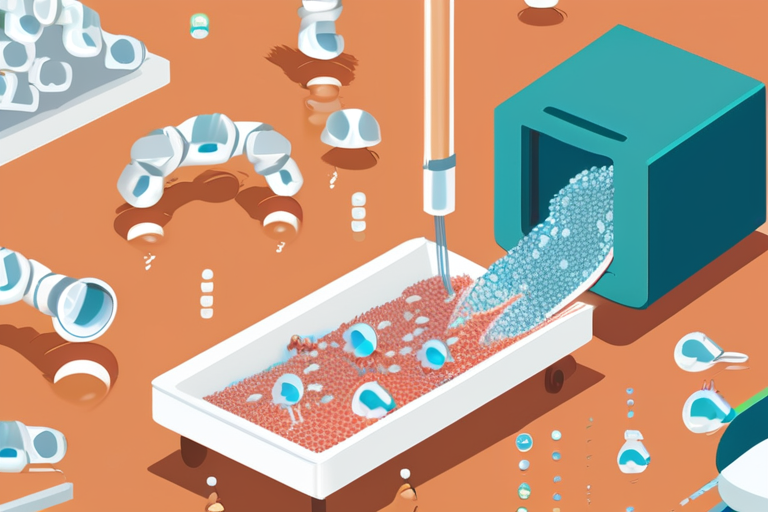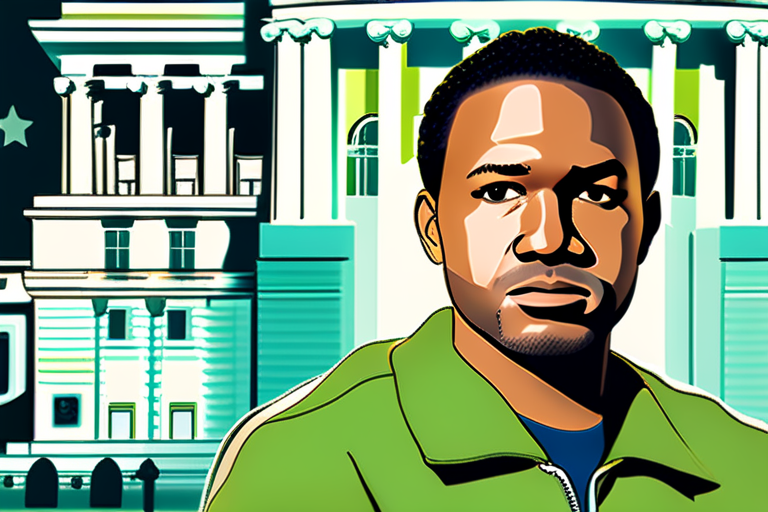The Future Of Sustainable Innovation In Microplastics And Supply Chain


Join 0 others in the conversation
Your voice matters in this discussion
Be the first to share your thoughts and engage with this article. Your perspective matters!
Discover articles from our community
 Hoppi
Hoppi

 Hoppi
Hoppi

 Hoppi
Hoppi

 Hoppi
Hoppi

 Hoppi
Hoppi

 Hoppi
Hoppi
Peru Accused of Violating Human Rights After Government Rejects Reserve for Uncontacted People The Peruvian government has been accused of …

Hoppi

Top Groupon Promo Codes for September 2025: A Guide to Savings In a bid to entice customers, Groupon has released …

Hoppi

Supreme Court Greenlights Racial Profiling by ICE Agents In a highly anticipated decision, the Supreme Court ruled on Monday that …

Hoppi

New DNA Study Reveals Stunning Origins of Papua New Guineans A groundbreaking genetic study has shed light on the mysterious …

Hoppi

Amazon Offers iPhone 16 Pro for $250 Off: A Look at the Deal's Mechanics In a move that has sent …

Hoppi

TechShareShare this articleCopy linkX iconX (Twitter)LinkedInFacebookEmailWorld Liberty Financial Blacklists Justin Sun's Address With 107M WLFISun is a key investor in …

Hoppi